You will soon start seeing water bottle refill stations.
Clean Memphis recently won a $500,000 grant from the U.S. Environmental Protection Agency (EPA) to install 50 stations at Memphis schools and parks. The stations are meant to reduce plastic in waterways, including the Gulf of Mexico via the Mississippi River.
The majority of the water bottle refill stations were installed this summer at all six Compass Community Schools. Plumbers replaced 35 traditional water fountains with the new refill stations. Each campus may save up to $10,000 per year on plastic water bottle purchases, Clean Memphis said. School officials projected Compass students were using more than 500 single-use water bottles daily, mainly due to a lack of functioning fountains.

New water bottle refill stations are headed for Overton Park, Overton Park Shell, Marquette Park, Whitehaven Park, Glenview Park, Weaver Park, Raines-Finley Park, Fletcher Creek Park, Flowering Peach Park, Germanshire Park, and Tom Lee Park.
We asked Clean Memphis executive director Janet Boscarino for more information about the new water stations. — Toby Sells
Memphis Flyer: How do water refill stations help keep plastic out of oceans?
Janet Boscarino: Single-use plastic bottles are the leading source of litter/pollution, second only to cigarette butts. Once on the ground they move through our stormwater system to our rivers, lakes, and finally the ocean, breaking down into microplastics and harming the ecosystem. Research from the EPA shows that by providing infrastructure, such as water refill stations, in public spaces along with a corresponding outreach campaign encouraging reuse we can significantly reduce the number of plastics flowing into our water system. Additionally, on a national scale, less than 30 percent of plastic water bottles ever get recycled, making reuse the best strategy — always!
How will this effort help Memphis?
We are hoping to foster a shift in culture from single-use, disposable products to reusable in every way possible. Reusable bags, bottles, coffee mugs, etc. … Most of our litter is comprised of single-use food and beverage packaging. We must focus more on source reduction and education. Reducing the amount of waste we are producing can help make Memphis a cleaner and greener city.
Describe the new water stations. Do they still have the traditional “water fountain” with an added refill station in the back? How are they used?
They are fantastic! Yes, they have the old-school “bubblers” and then the bottle fillers up top. Some of them have doggie bowls if that was a request from the specific park or Memphis City Parks.
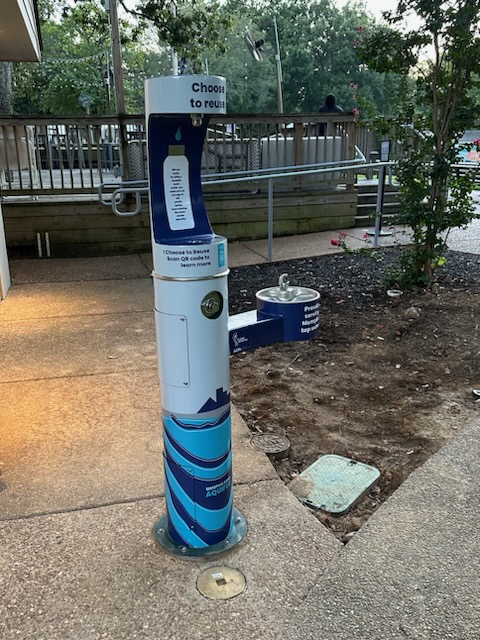
They are wrapped with our Choose to Reuse campaign design with a nod to the Memphis Sand Aquifer. We have amazing drinking water and we want to encourage local pride there. The bubbler arm has a tag line of “proudly serving Memphis tap water.”
The units serve as important infrastructure to support reuse in public spaces. The wrap provides engagement and education with a QR code that connects you to more information about the campaign and how you can get involved.
How many total stations will the grant support?
Fifty units in total. Thirty-five wall units have been installed in Compass Schools, replacing aged infrastructure that was closed during the pandemic. This forced the schools to purchase hundreds of single-use water bottles each week.
The remaining 15 units are being installed in city parks. We selected Tom Lee, Overton Park, and Overton Park Shell due to their location and outreach potential. The additional parks were selected by Memphis City Parks based on need and other corresponding investments.
And you’ll follow this up with an education campaign. Talk about Choose to Reuse, please.
We launched a corresponding education and outreach campaign called Choose to Reuse on 901 weekend. We gave away nearly 500 reusable water bottles for the grand opening of Tom Lee and the fall kickoff of the Overton Park Shell.
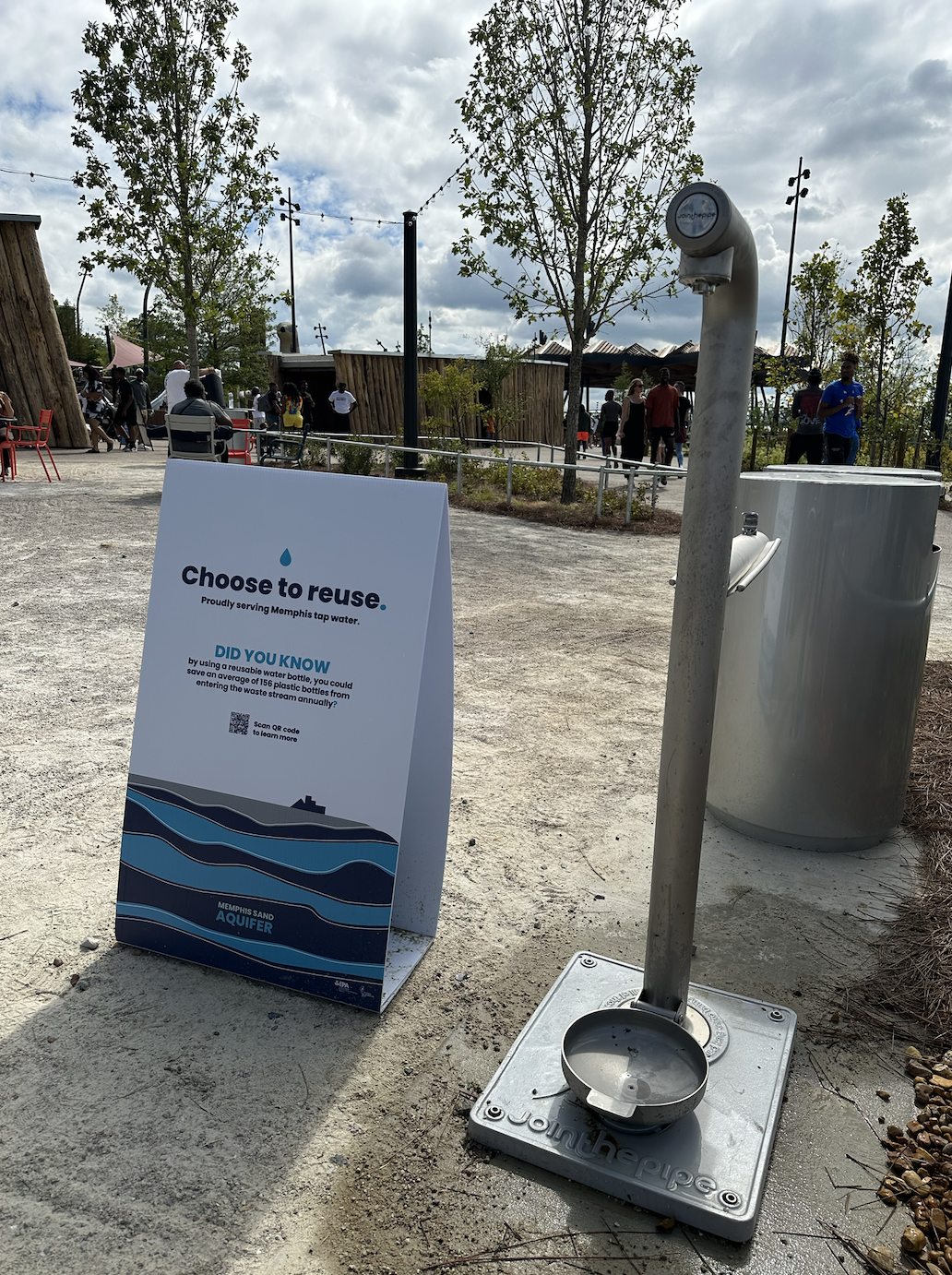
We will be hosting activation projects at each of the parks and in partnership with the schools. These will continue until the fall of 2024. We are launching a significant campaign on social media with partners in late September.
We have also partnered with Fill it Forward (FIF). FIF has an app that allows you to track your diversion of single use plastic bottles every time you Choose to Reuse. We are giving away branded stickers with a QR code you scan every time you refill. Just attach to you favorite reusable bottle. The app will track your environmental impact and your hydration. Great way to gamify the campaign and to track participation.
Anything I left out? Anything you want to add?
Our new strategic direction focuses on moving Memphis towards a zero-waste, circular economy and providing the education and training to ensure its success. A key component of that strategy is to focus on reuse and source reduction. Look to see more campaign and education to support this work.
Visit the website for more information:
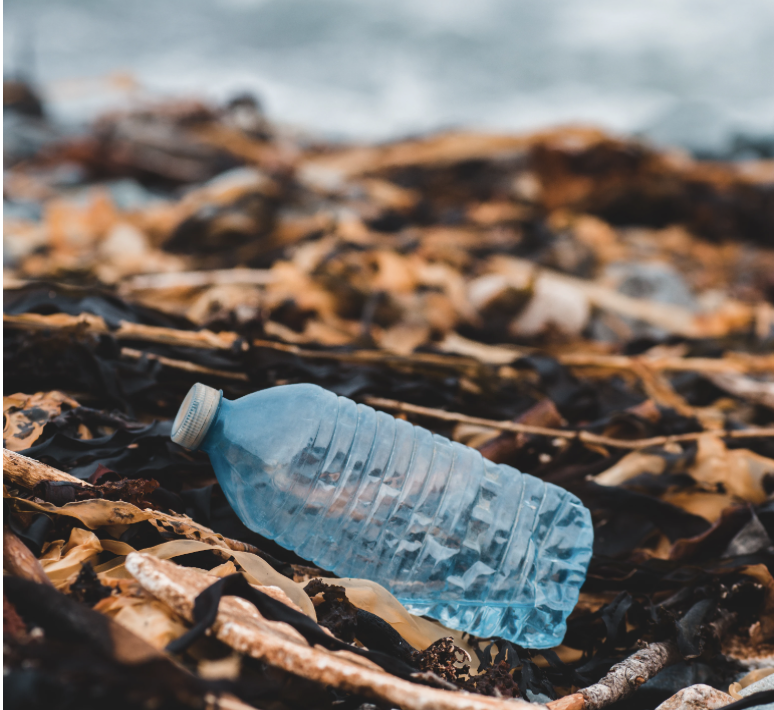
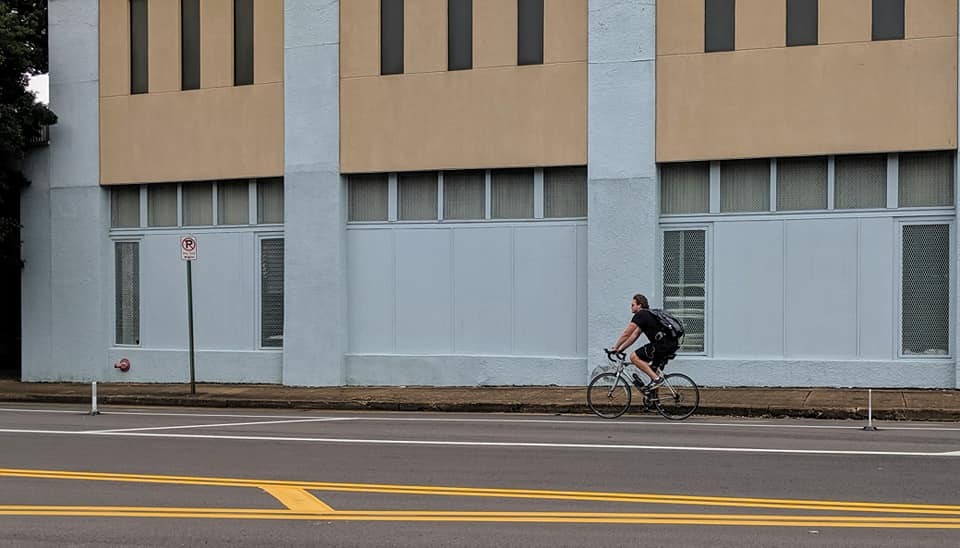
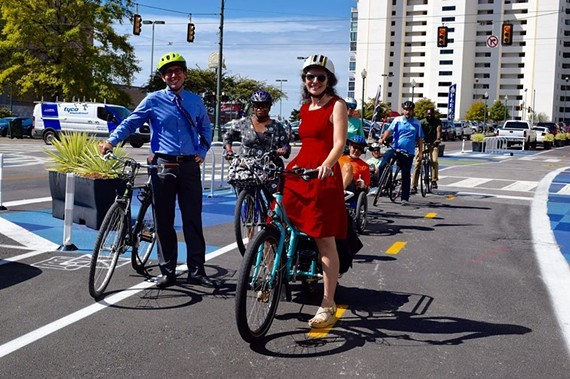
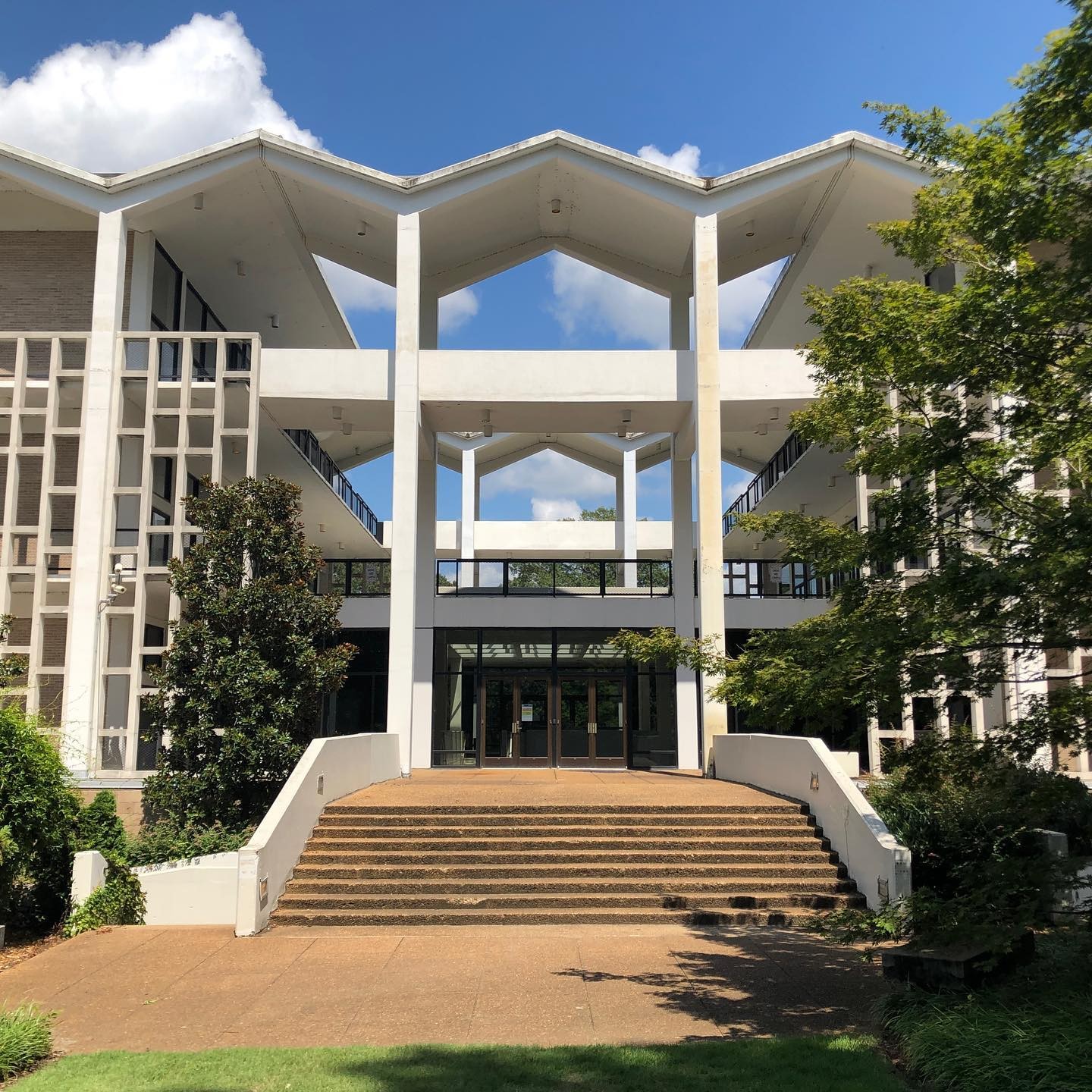
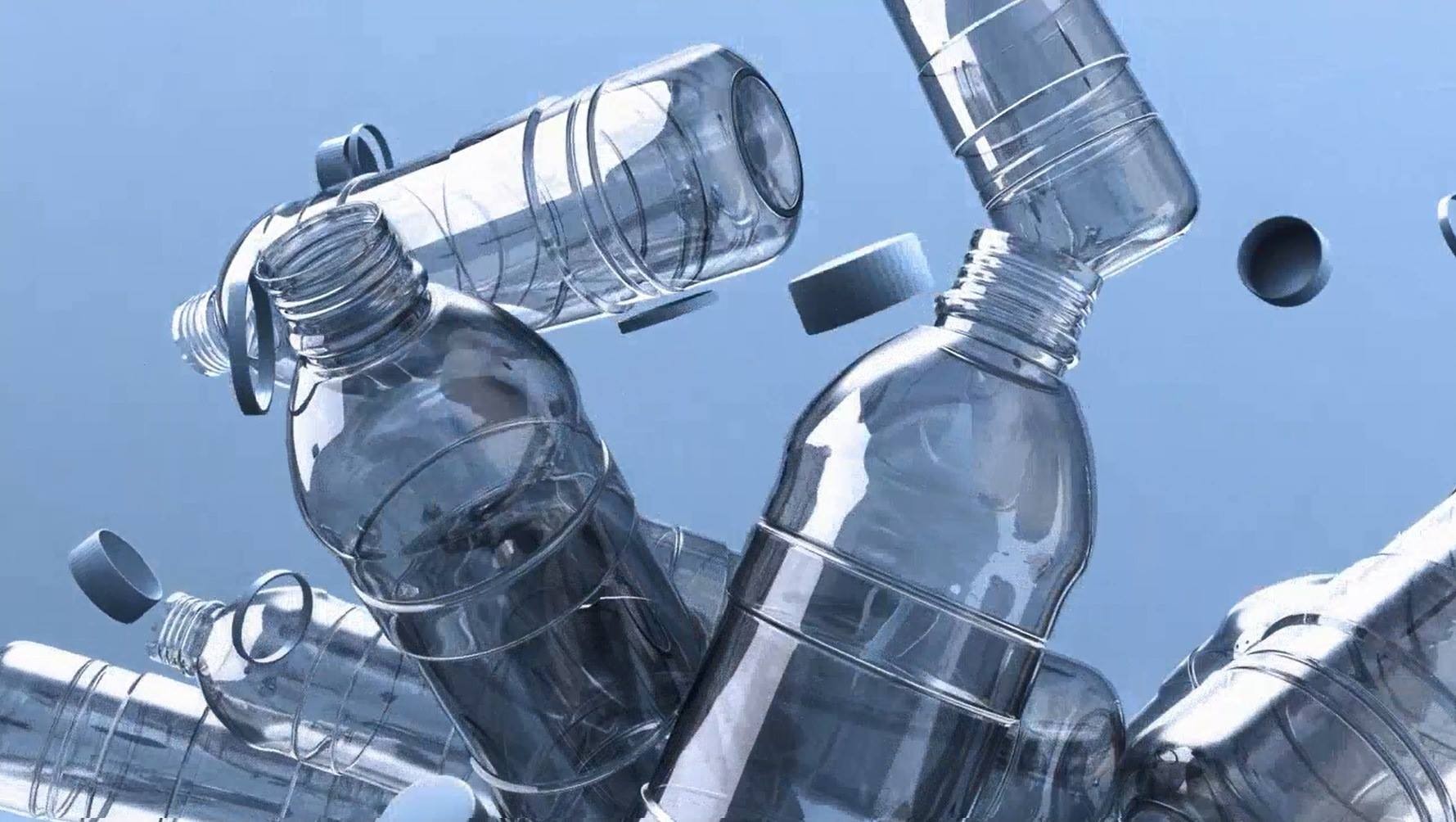 Cuyahoga Recycles/Facebook
Cuyahoga Recycles/Facebook